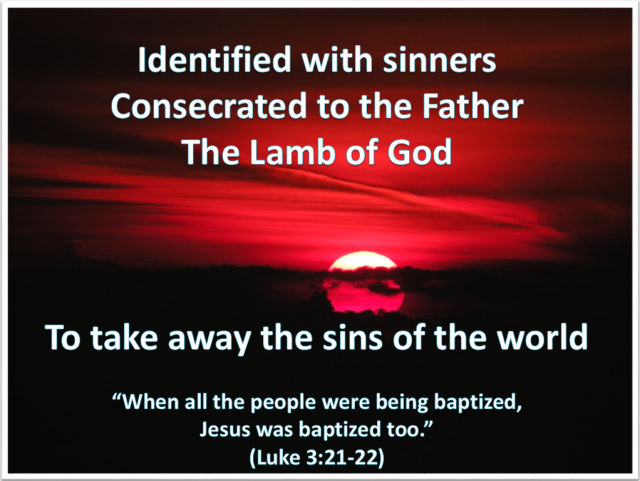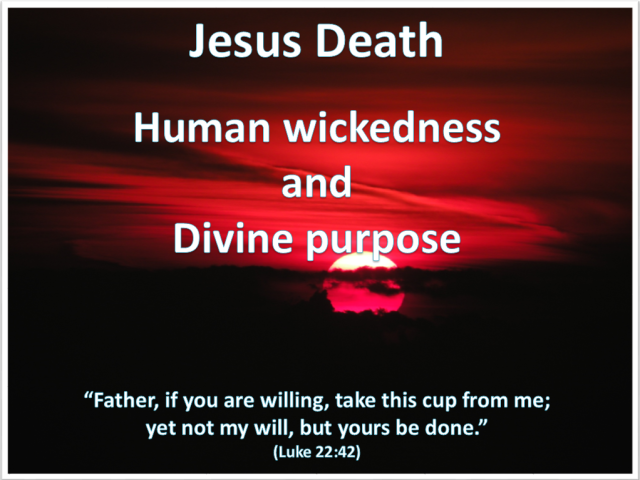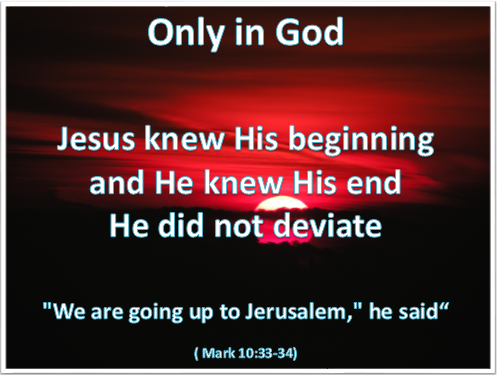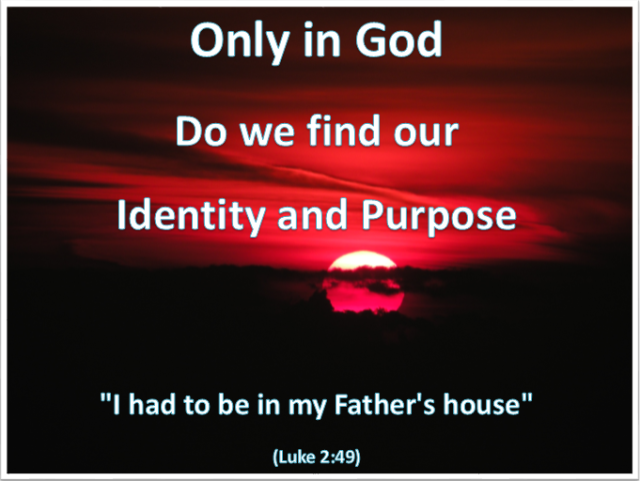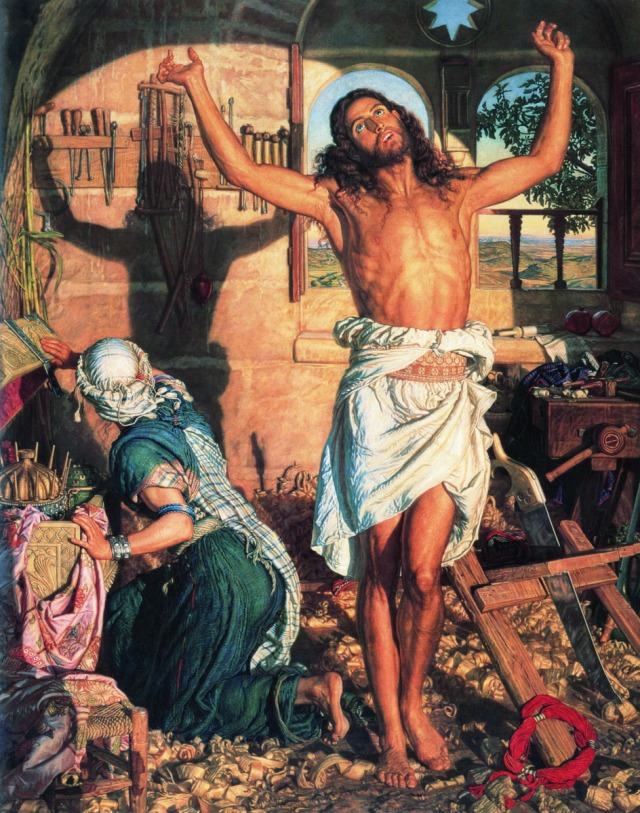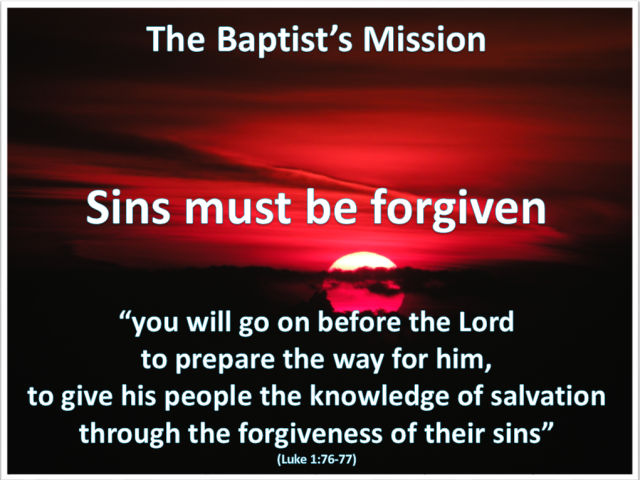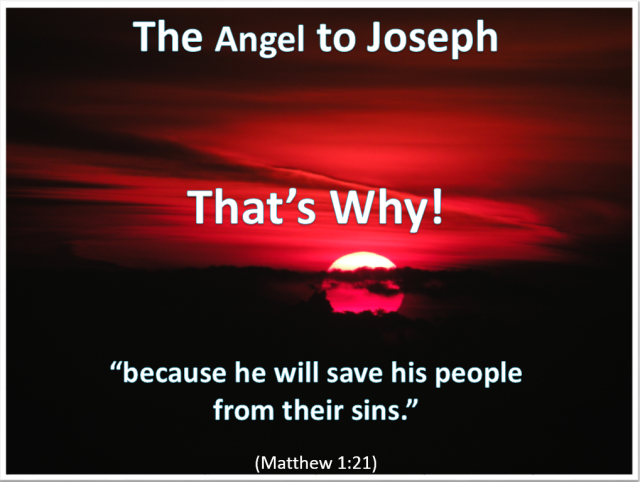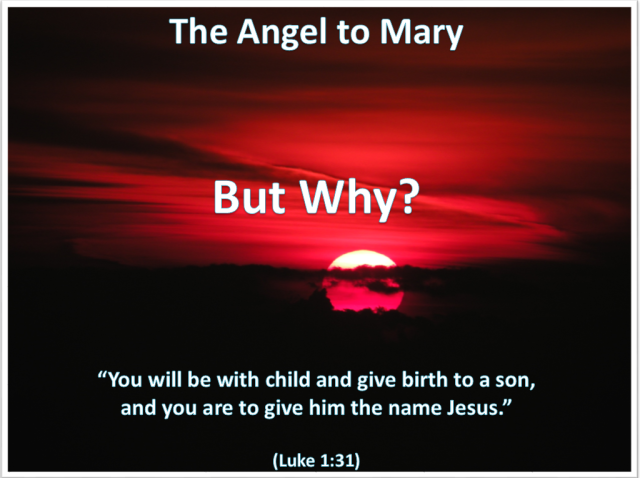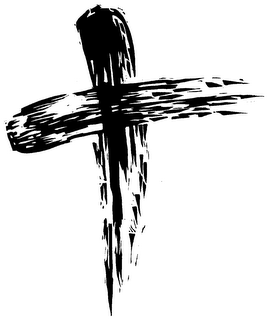“When all the people were being baptized,
Jesus was baptized too.”
(Luke 3:21-22)
Reflection:
John the Baptist preached a baptism of repentance for the forgiveness of sins. As people came to him to be baptised in the Jordan River Jesus, the sinless, came too.
In His baptism Jesus sealed His complete identity with those whom He came to save – all of humankind. He consecrated Himself to complete and total obedience to God the Father who had sent Him. He stepped into His eternal identity of ‘the Lamb of God who takes away the sins of the world.’ Like Isaac He formally began His journey with His father to the mountain on which He would be sacrificed. He offered Himself as the One and only eternal sacrifice. He knew what He was doing.
When He was born the world around Him was largely ignorant of the momentous event. Now as He stepped out Himself the world around Him was again unaware of what was happening. However Someone watched. And as He sent His Spirit He said with what must have been great pride and terrible pain,
“You are my Son, whom I love;
with you I am well pleased.”
(Luke 3:22)
Response:
Watch and pray the journey as you follow the Lord to Calvary.
Prayer:
Lord Jesus I stand in awe of Your commitment and love. Help me to follow You in humility and in the joy of Your love for me. Amen.
———————–

